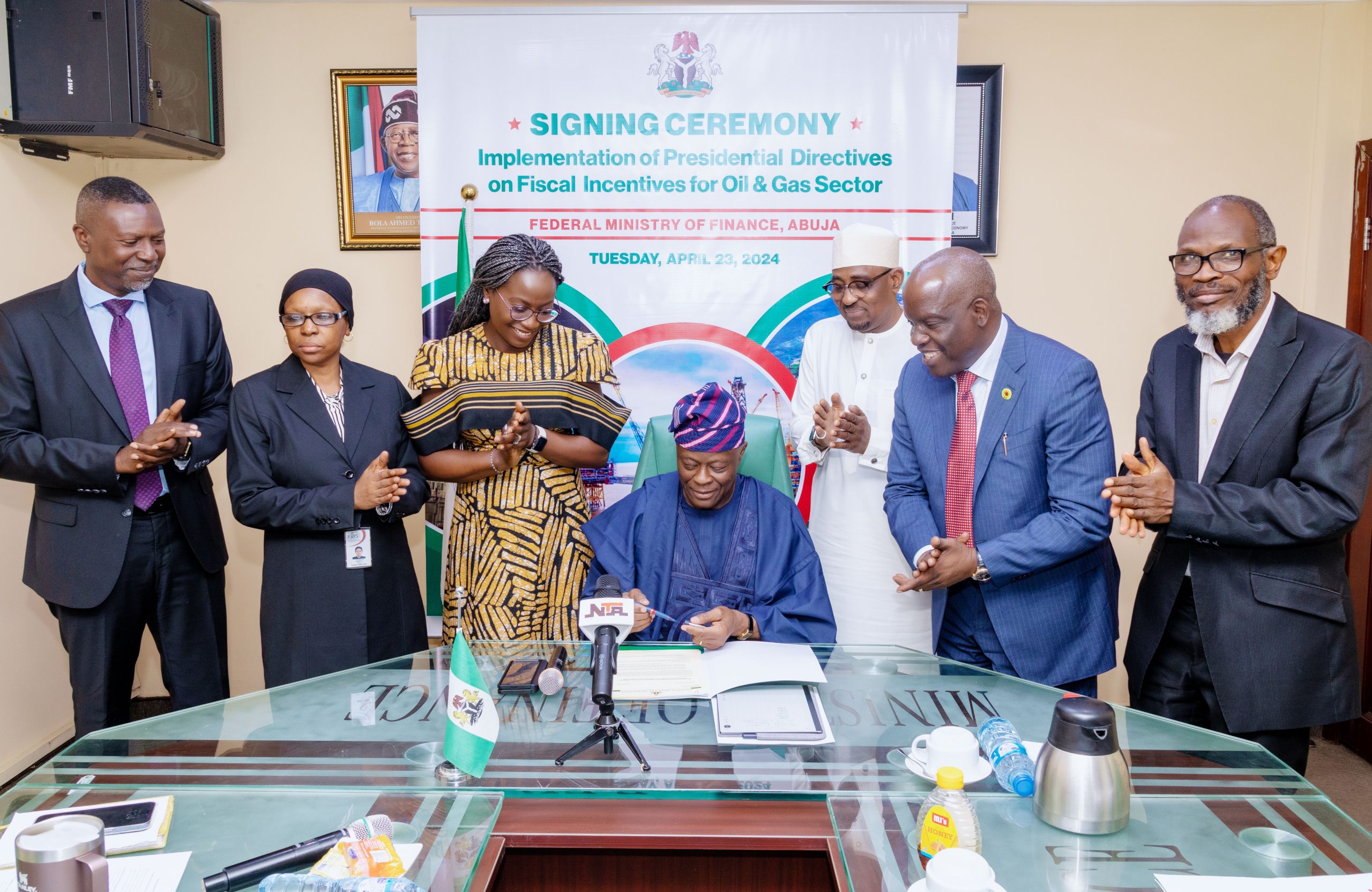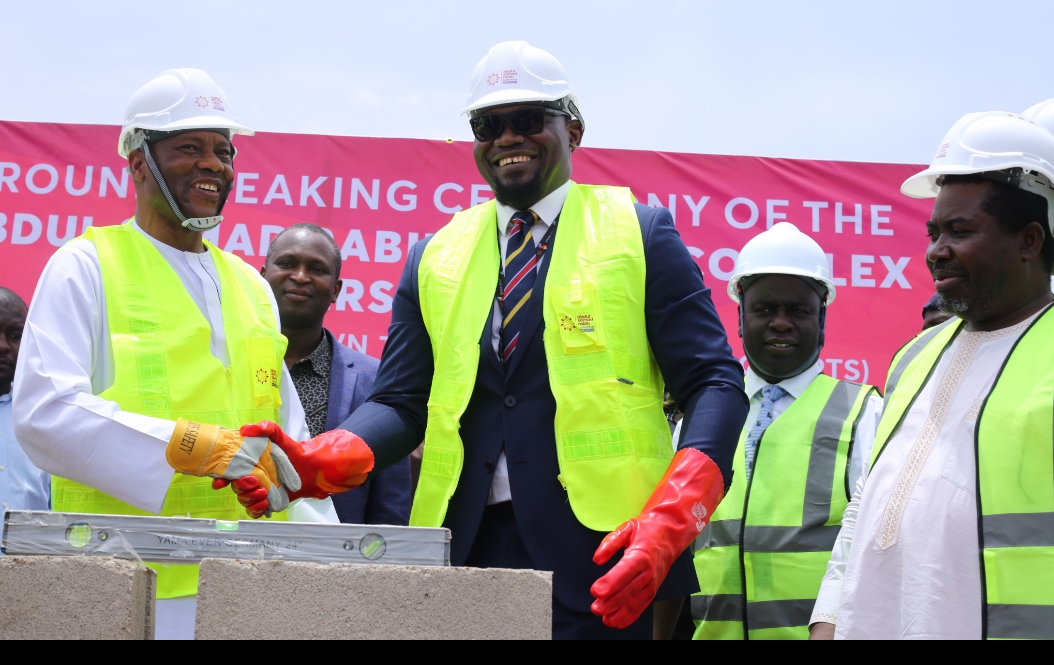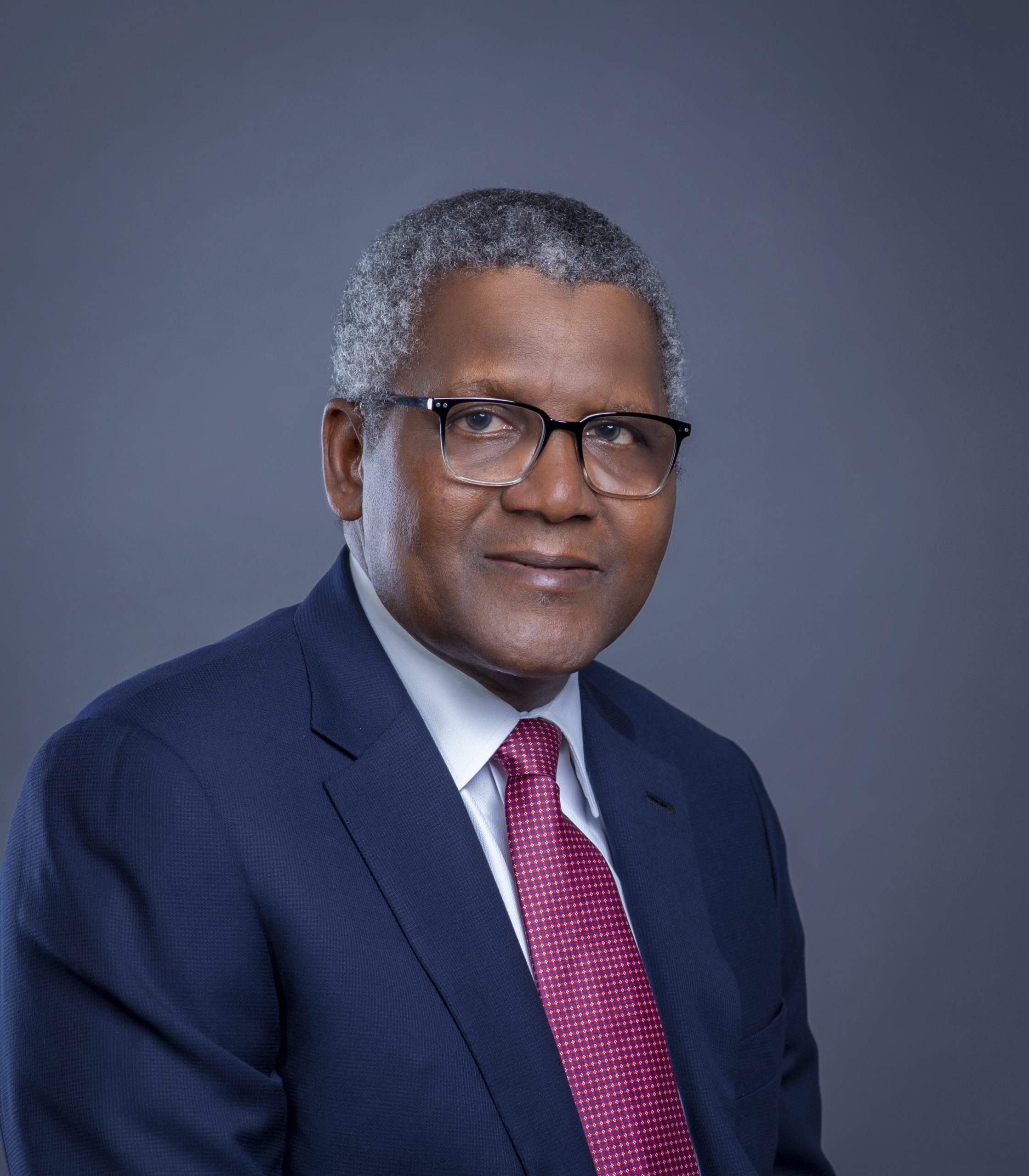How Shell Destroyed The Livelihood Delta Community Residents With Toxic Spills- ERA/FoEN

The Environmental Rights Action/Friends of the Earth Nigeria (ERA/FoEN) has raised an alarm over another incident of toxic spills from Shell’s facilities in the Odimodi Community in Delta State, causing the death of hundreds of fish along the creek.
Odimodi community originated from Amatu in present-day Bayelsa State and it is the headquarters of Iduwini Kingdom in Burutu Local Government Area of Delta State. The community has an estimated population of 15,000 people.
ERA/FoEN in its field report available on its website stated that “On Sunday, August 21, 2022, ERA/FoEN received a distress call from the community reporting spill of waste petroleum products that spewed from Shell’s waste disposal pipeline that carries products from the Focardos Shell’s terminal down to the high sea.”
Communities around the Iduwini Kingdom including Odimodi are host communities to Shell, Agip, and other companies. It is also part of the Forcados terminal, trans Ramos pipeline, SPDC export line, loading platform, and Agip Beniboye cooked wells.
Dere Podoki, Community PRO, said “Last week Wednesday, August 17, 2022, we received a telephone call from the motorcyclists in the community that the valve on Shell’s wastewater disposal pipeline was faulty and spilling toxic chemicals into the creek.
According to him, the community confirmed the information to be correct when they rushed to the site. The incident allegedly occurred on August 19, 2022, and the community has made some swift moves by reporting to Shell, owners of the facility, and National Oil Spill Detection and Response Agency (NOSDRA), the regulator.
Both bodies were yet to respond to the letters from the community as at the time the field investigation was made by ERA/FoEN, the environment group noted.
The ERA/FoEN report notes that the spill site is not so close to where people are residing the creek served as one of the fishing sites for most of the community folks and it also served as a source of water for domestic use for some homes. Apart from dead fishes seen floating, oil sheen was also seen visibly floating on the surface of the water. The affected areas are producing an offensive odour which is one of the reasons why the fishes in the creek are dying.
Fred Obi, a retired police officer and an owner of a fish camp in Odimodi Community, said “When I retired in 2017, I came into fish farming, and I established fish ponds on the shore and off the shore but when the 2018 pollution came all the fish I had all died and none was left. At a time I relied on the life mangrove fish ponds that became unproductive as a result of the spill. All the fish I imported and stocked died because of the pollution.
“At the moment the 2018 spill is still visible in the creek (the mound under the river is soaked in crude). Before the spill, I can easily catch a lot of Bonga fish and the small fishes I also used as fish feeds have all gone. My major demand is that Shell should restore the environment and compensate me for the loss because their spill swept away my retirement benefit.”
Alagoa Morris, one of the authors of the ERA/FoEN report stated that “Shell must as a matter of urgency return to the community to conduct the post-impact assessment and put machinery, please to clean up all affected areas in the community by the crude spillage of 2018 and the present pollution from the wastewater disposal pipeline.”
Odimodi community has become a polluted colony with unaddressed crude oil spillage of 2018 and the August 19, 2022 wastewater spillage.





 Business6 months ago
Business6 months ago
 celebrity radar - gossips4 months ago
celebrity radar - gossips4 months ago
 celebrity radar - gossips4 months ago
celebrity radar - gossips4 months ago
 Business3 months ago
Business3 months ago







